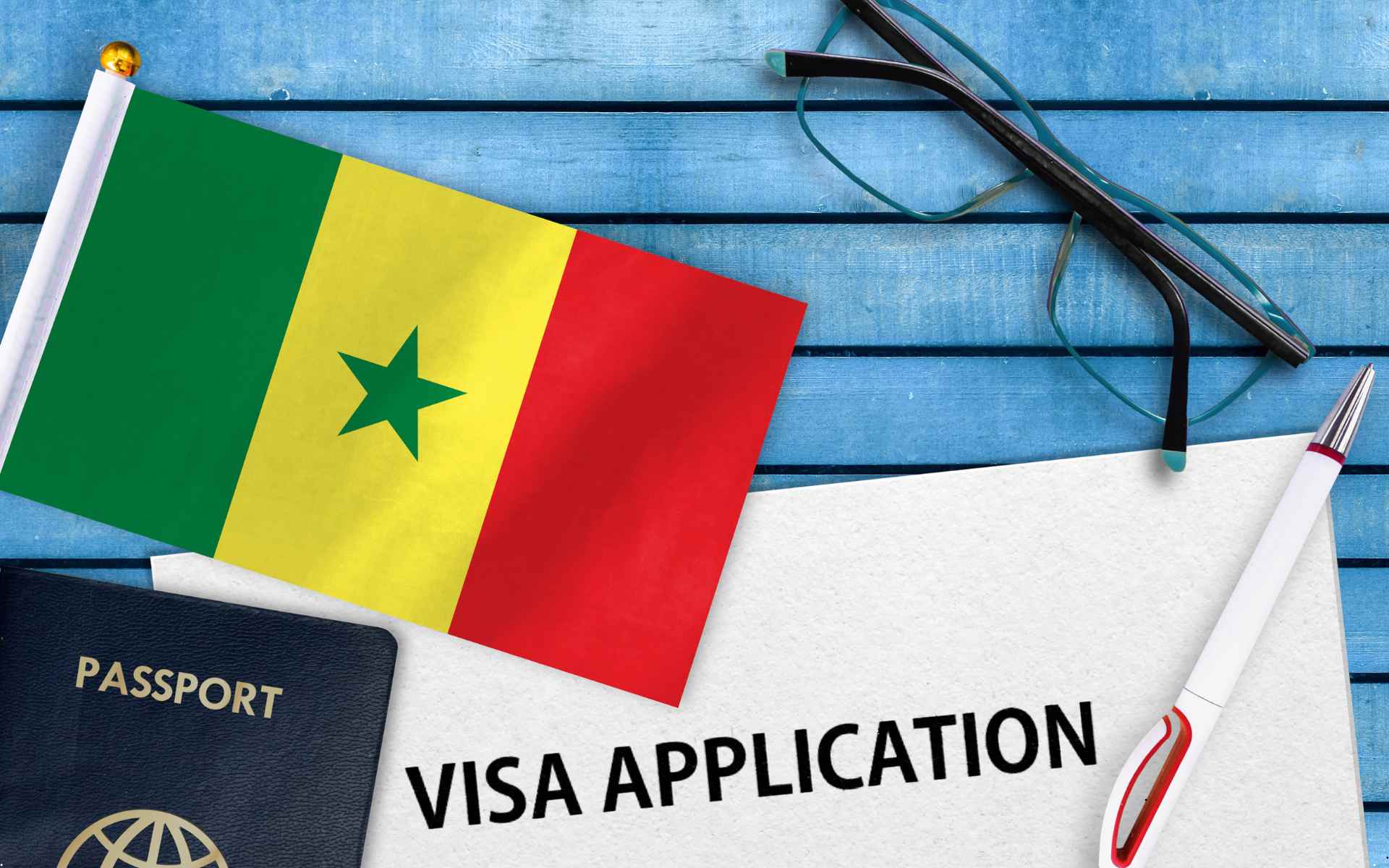In a striking example of diplomatic reciprocity, the West African nation of Mali has announced it will now require US citizens to post a refundable bond of up to $10,000 to obtain a business or tourist visa. The move directly mirrors a similar visa policy imposed by the United States on Mali and several other African nations.
This decision throws a new hurdle in the path of American entrepreneurs, tourists, and investors looking to engage with Mali, and highlights a growing friction in US-Africa relations.
A “Direct Response” to US Policy
Mali’s foreign ministry was clear about the reason for the sudden change: it is a direct response to what it calls a “unilateral” measure from Washington.
The United States has, for years, maintained visa restrictions and security fees for citizens from several countries, often citing security concerns. Mali’s new policy essentially turns the tables, applying a similar financial barrier to American citizens.
In a statement, the U.S. embassy in Bamako defended its own fee structure, stating it is “intended to protect America’s borders and national security.” However, from Mali’s perspective, the American policy is seen as punitive, leading to this swift and symmetrical retaliation.
What Does the $10,000 Mali Visa Bond Mean for Travelers?
For any US citizen planning to travel to Mali, understanding this new financial requirement is crucial:
· Who is affected? The bond applies to both business and tourist visas.
· How much is it? The bond can be up to $10,000 and is stated as refundable.
· What’s the process? Travelers will need to post this bond before their visa is granted, representing a significant upfront cost.
This policy will likely deter casual tourism and place a heavier financial burden on business travelers and consultants working in sectors like mining and infrastructure.
Read Also: Sweden to Pay Migrants $34,000 Each to Return Home from 2026
Diplomatic Tensions Amid Efforts to Cooperate
The introduction of this visa bond is particularly notable because it comes despite recent efforts to improve bilateral ties.
Just this past July, US officials visited Mali to discuss critical issues like counterterrorism cooperation and potential investments in the country’s valuable gold and lithium sectors. Mali is rich in natural resources, and foreign investment is key to its economic development.
This new visa policy creates a complicating layer to those discussions, signaling that diplomatic and economic cooperation cannot be separated from issues of mutual respect and visa fairness.
The Bigger Picture: A Shift in International Relations
Mali’s move is more than a bilateral spat; it’s a symptom of a broader shift. Many African nations are increasingly asserting themselves and challenging policies they perceive as unequal or discriminatory.
The era of one-sided travel restrictions may be closing, as countries demand reciprocity and equal treatment on the global stage.
Key Takeaways for Travelers and Observers
1. Verify Before You Travel: US citizens must now budget for a substantial, refundable bond when applying for a Malian visa.
2. Understand the “Why”: This is a direct diplomatic retaliation, not an isolated policy change.
3. Watch the Relationship: The future of US-Mali cooperation in security and trade may be influenced by how this visa dispute unfolds.
The imposition of this visa bond marks a significant moment in US-Mali relations and serves as a powerful reminder that in international diplomacy, actions often have equal and opposite reactions.
Have questions about how this change might affect business travel or investment in the region? Share your thoughts in the comments below.

